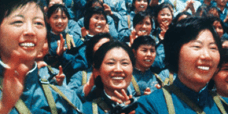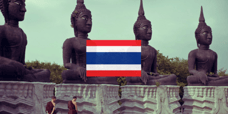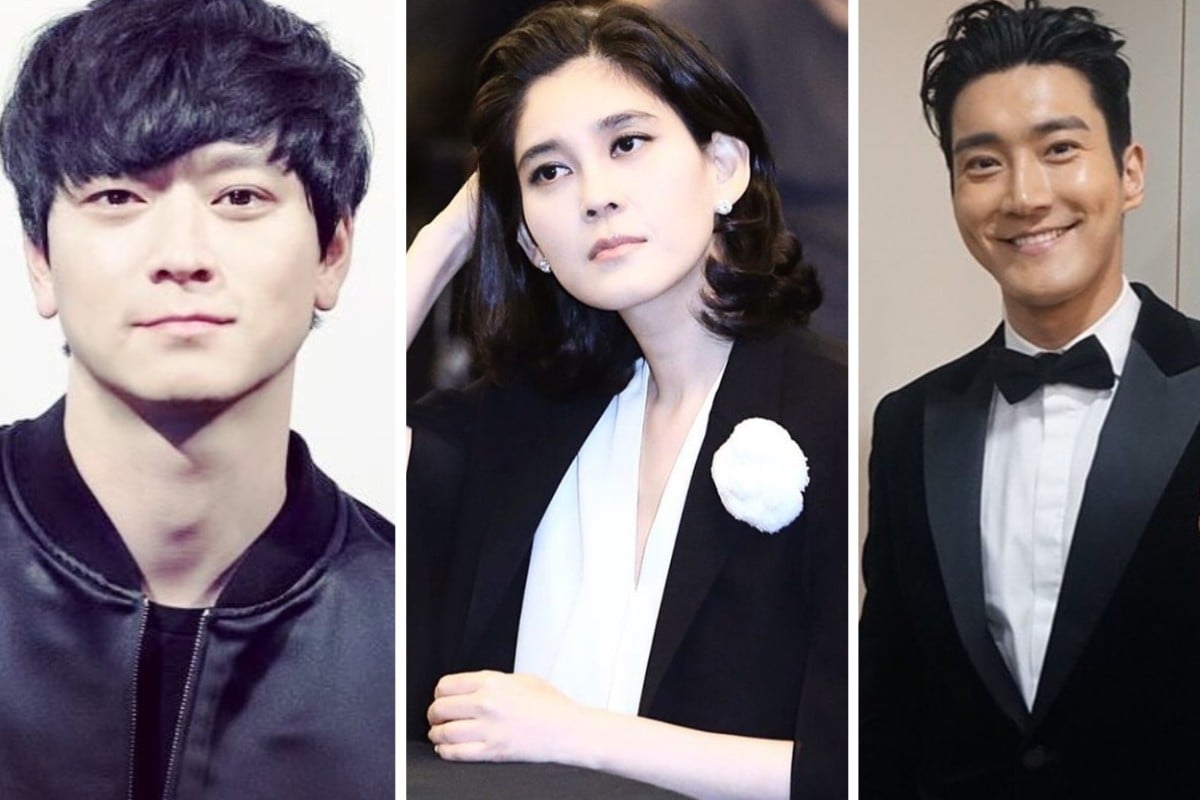Tsang's assistant may face Legco censure
More contractual concessions on political appointees fail to appease lawmakers
The government made further concessions on the pay and nationality of political appointees yesterday amid growing criticism, with parties across the political spectrum saying they were unhappy with the way the issues had been handled.
Despite a promise to make the revealing of future political appointees' pay 'routine' and to 'advise' them the public expected the publication of their nationality, legislators were planning to censure Norman Chan Tak-lam, director of the Chief Executive's Office.
At a Legislative Council constitutional affairs panel meeting yesterday, lawmakers from major parties continued to question officials over their handling of the affair, in which five out of eight newly appointed undersecretaries were found to have foreign citizenship.
All have since renounced their foreign links after intense public pressure. The government was also criticised for withholding the salary figures for the nine political assistants until last week.
After rounds of questioning, Secretary for Constitutional and Mainland Affairs Stephen Lam Sui-lung conceded that the government would in future make it a contractual requirement for new appointees to reveal their salary levels - information previously considered private.
Mr Lam also promised to exert pressure on future candidates, saying the government would 'very clearly reflect' public opinion and advise them that the public expected them to publicise their nationality.
Although repeatedly denying the government had done anything wrong - except to echo Chief Executive Donald Tsang Yam-kuen's apology last week that it had mishandled the public relations strategy - Mr Lam tried to appease critics by saying the appointees could be sacked if they failed to perform.
'Their pay can be upwardly adjusted, but can also be cut,' he said. 'If they fail to perform, the chief executive can serve them one month's notice and terminate their contract.'
But lawmakers from the pan-democratic and government-friendly camps said they were not satisfied with the explanations.
Democrat Lee Wing-tat said his party planned to move a motion of no confidence in Mr Chan, who declined an invitation to attend yesterday's meeting despite being seen as the person in charge of the recruitment. He has been accused of filling the positions with his allies.
Independent democrat Anson Chan Fang On-sang said: 'The people are angry. They want an open and fair appointment system ... the government does not know what is meant by democracy.'
Both the Liberal Party and the Democratic Alliance for the Betterment and Progress of Hong Kong said the government had mishandled the matter and should clearly publicise how the pay levels were set and why none of the appointees, with some considered underqualified, were paid at the entry pay level.
South Korea’s real-life Crazy Rich Asians: from K-pop and K-drama stars to Samsung and AmorePacific chaebol scions, meet 5 wealthy Korean influencers living their best lives
Super Junior’s Siwon, actors Yoon Tae-young and Gang Dong-won, and billionaire and millionaire businesswomen Lee Boo-jin and Suh Min-jung are leading the pack when it comes to wealth in South Korea – but how do they spend their riches?
Korea’s real-life Crazy Rich Asians: Gang Dong-won, Lee Boo-jin and Choi Siwon. Photo: @at_lesfleurs; @gang__dong_won; @siwonchoi/ Instagram










